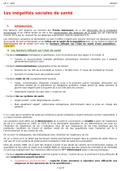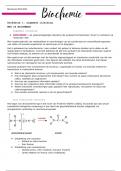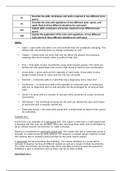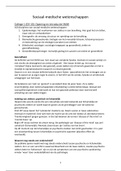Exam (elaborations)
PLS3702 PORTFOLIO 2024
- Course
- Modern Philosophy (PLS3702)
- Institution
- University Of South Africa
PLS3702 Portfolio Semester 2 2024 - DUE 6 November 2024 ;100 % TRUSTED workings, Expert Solved, Explanations and Solutions. For assistance call or W.h.a.t.s.a.p.p us on ...(.+.2.5.4.7.7.9.5.4.0.1.3.2)........... SECTION A: BIOMEDICAL ETHICS NOTE: If you have chosen to study Section A: Biomedical...
[Show more]













